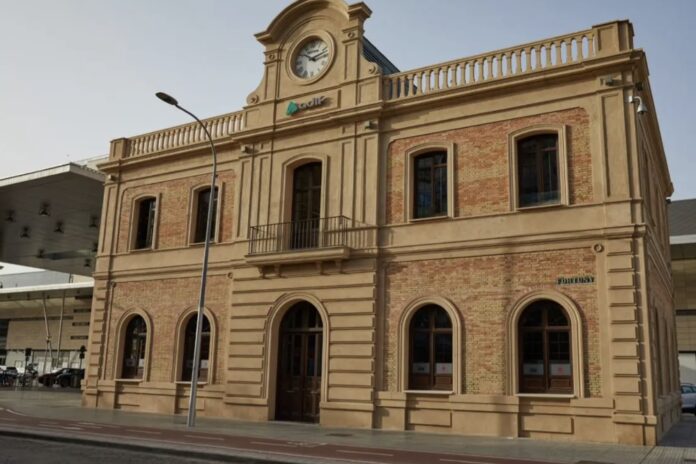New processors intended to create strong, flexible Open RAN infrastructure
Vodafone has opened its dedicated Open RAN research and development centre at its new digital skills hub in Málaga, Spain (pictured). It announced Malaga and Dresden as locations for RAN R&D hubs last June to complement its existing lab at Newbury in the UK.
The mobile operator group claims the new hub will be the first lab in Europe to focus on the specific role of processors in the shaping of Open RAN networks.
The objective of the work is to explore the possibilities for creating greater flexibility in the infrastructure when the hardware and software of mobile base stations are separated. One priority is improving the interoperability between mobile network operators and multiple hardware vendors.
New chips to empower Open RAN
The new hub now employs 650 software engineers, architects and technicians and became operational on January 31st. Another 50 chip design experts and silicon aesthetes are expected to be appointed soon, with the brief to invent and develop new Open RAN chips that will expand the possibilities of hardware.
“As a pioneer of Open RAN, Vodafone is joining forces with specialist technology companies to expand the ecosystem,” said Francisco Martin, Vodafone’s head of Open RAN. “Vodafone Silicon innovation will strengthen Europe’s position in the global market and speed up the roll out of new digital services.”



